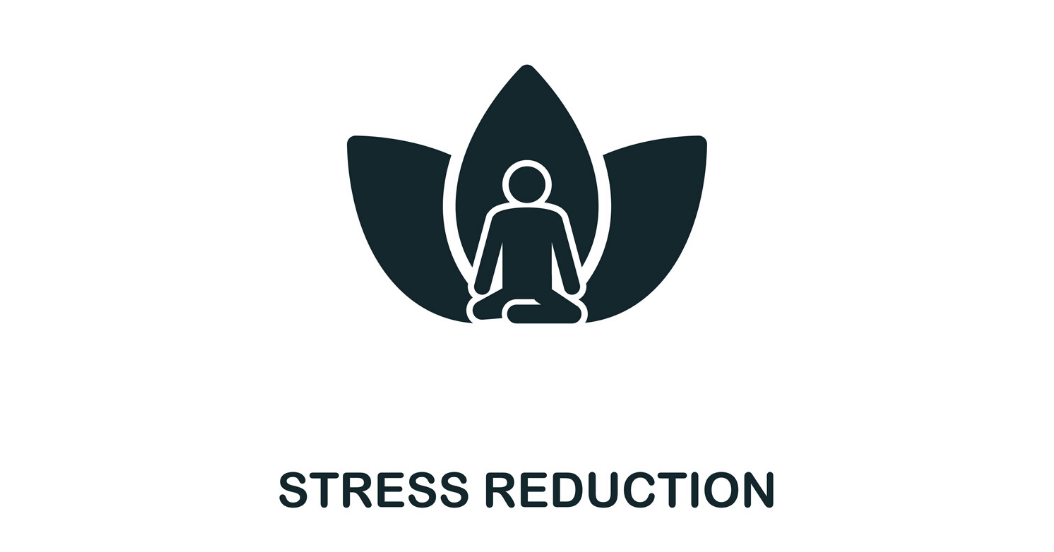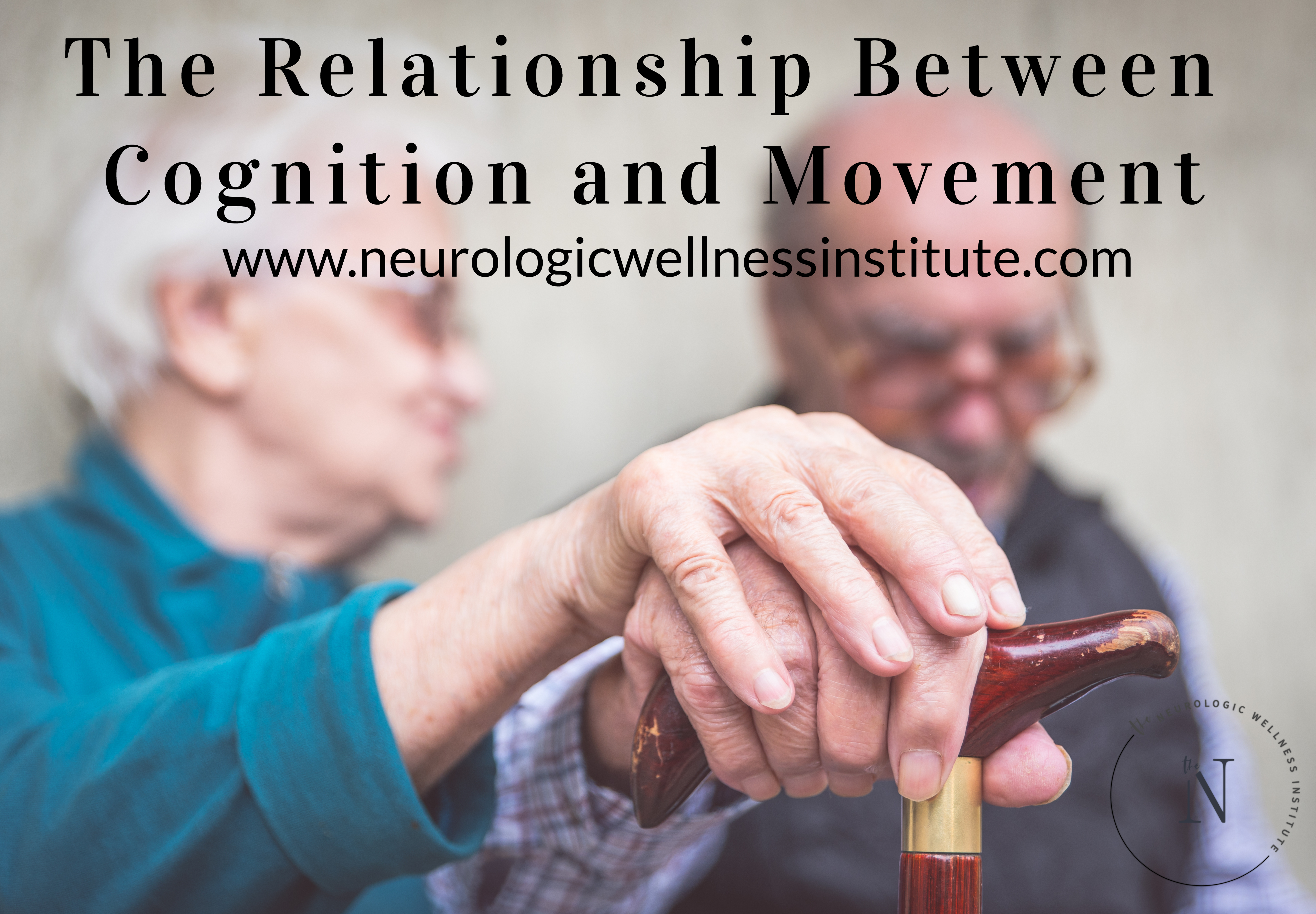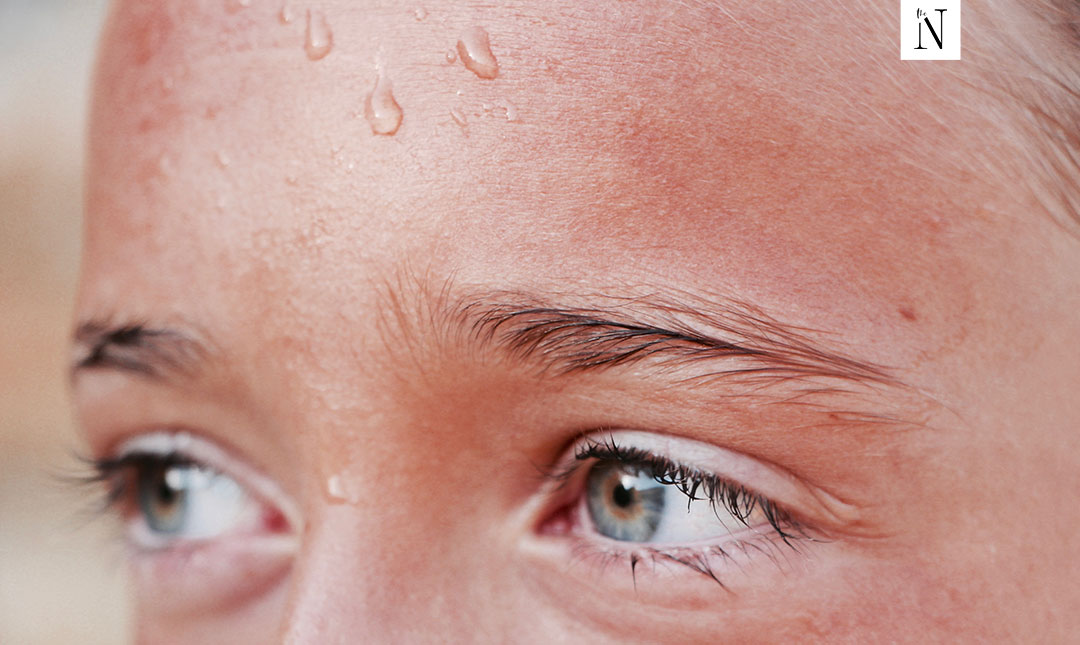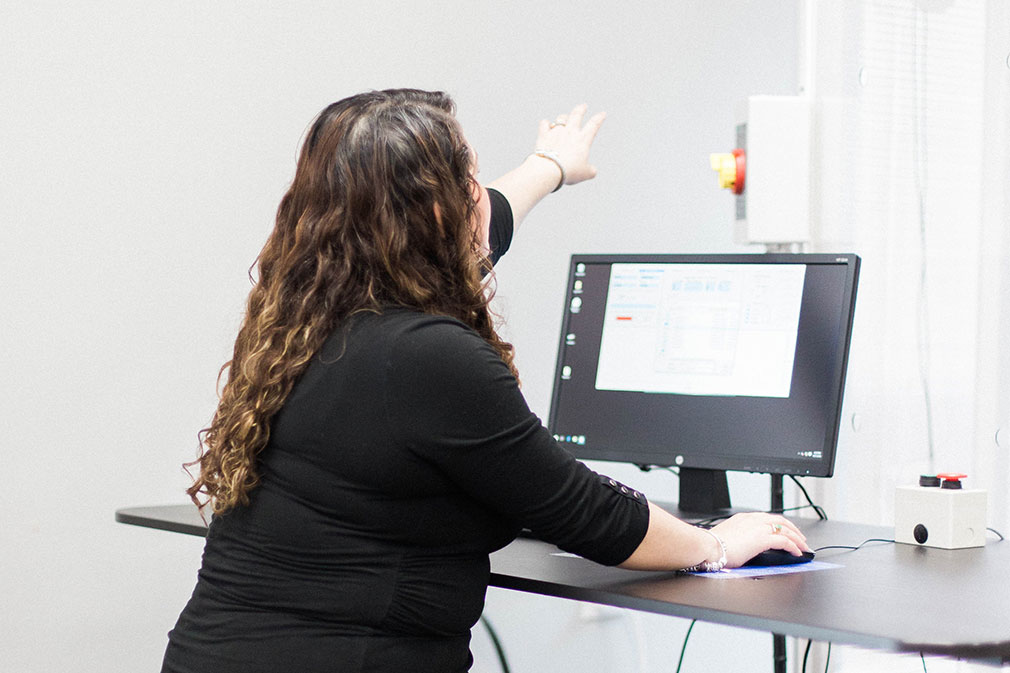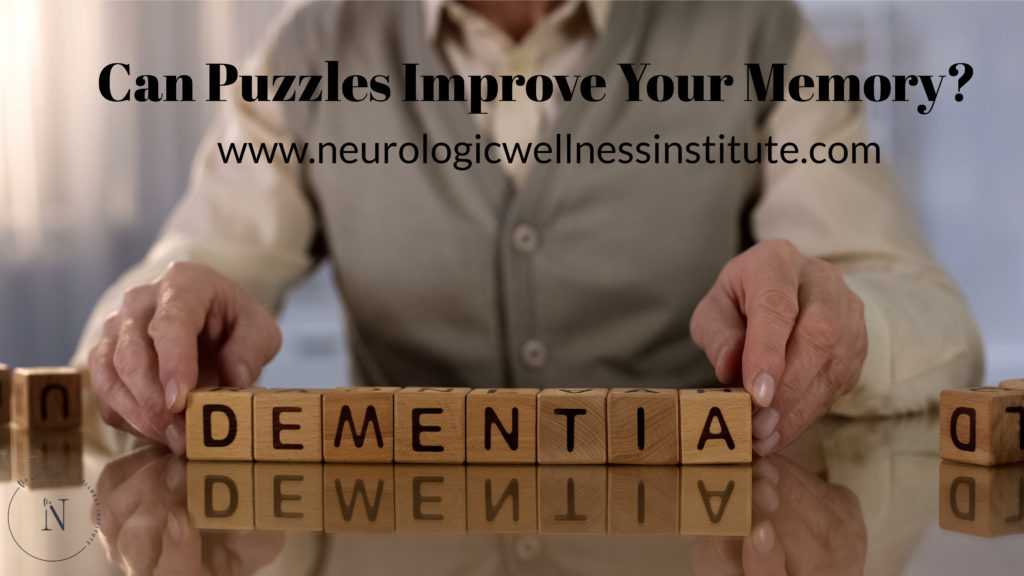
As Americans and people all over the world live longer (large thanks to the technological advances in cardiology), there has been an increase in the number of people experiencing cognitive and memory problems towards the end of their life. Whether it is a mild cognitive impairment, Alzheimer’s, or dementia, cognitive and memory difficulties can be debilitating both for the individual and their loved ones.
So what can you do to try to improve your brain function and try to avoid cognitive and memory problems?
Let’s first begin with a discussion of Alzheimer’s disease…
Definition of Alzheimer’s and Dementia
Alzheimer’s disease is a degenerative brain disease and the most common cause of dementia. Dementia is a syndrome — a group of symptoms — that has a number of causes.
Symptoms of Dementia
The characteristic symptoms of dementia include difficulties with the following:
-
- Memory
- Language
- Problem-solving
- Other cognitive skills that affect a person’s ability to perform everyday activities
These difficulties occur because nerve cells (neurons) in parts of the brain involved in cognitive function have been damaged or destroyed. In Alzheimer’s disease, neurons in other parts of the brain are eventually damaged or destroyed as well, including those that enable a person to carry out basic bodily functions such as walking and swallowing.
Types of Dementia
There are a number of other forms of dementia besides Alzheimer’s disease. These incude;
-
- Vascular dementia
- Dementia with lewy bodies
- Mixed dementia
- Fronto-temporal dementia
- Parkinson’s disease
- CreutzfeldtJakob disease
- Normal pressure hydrocephalus
A healthy brain has 100 billion cells that live inside of it. These 100 billion cells make 100 trillion connections with other cells in our brain to allow for an incredibly complex interaction so we can interact with our daily environment in a complex way.
What is Considered a Complex Interaction?
Complex interactions with our world include the ability to form appropriate:
-
- Memories
- Thoughts
- Sensations
- Emotions
- Movements
- Skills
When these brain cells and connections start to become unhealthy, the ability of these functions decrease. Research suggests that the brain changes associated with Alzheimer’s may begin 20 or more years before symptoms appear. So what can you do now to keep your brain healthier?
Puzzles
New research has shown that the more regularly adults aged 50 and over played puzzles, such as crosswords and Sudoku, the better their brain function, according to research in more than 19,000 participants. Researchers calculate that people who engage in word puzzles have brain function equivalent to ten years younger than their age, on tests assessing grammatical reasoning and eight years younger than their age on tests measuring short term memory.
Dr. Anne Corbett, of the University of Exeter Medical School, who led the research, said: “We’ve found that the more regularly people engage with puzzles such as crosswords and Sudoku, the sharper their performance is across a range of tasks assessing memory, attention, and reasoning. The improvements are particularly clear in the speed and accuracy of their performance. In some areas the improvement was quite dramatic — on measures of problem-solving, people who regularly do these puzzles performed equivalent to an average of eight years younger compared to those who don’t. We can’t say that playing these puzzles necessarily reduces the risk of dementia in later life but this research supports previous findings that indicate regular use of word and number puzzles helps keep our brains working better for longer.”
At The Neurologic Wellness Institute, all of our patients undergo extensive cognitive testing looking at 12 different cognitive functions that relate to 12 different networks of the brain. Based on this cognitive evaluation we prescribe specific cognitive exercises for each individual patient. This creates an individualized approach in preventing or slowing cognitive decline.
For more information on the type of conditions, our clinicians help with, schedule a consult with one of our patient care coordinators.
References
Helen Brooker, Keith A. Wesnes, Clive Ballard, Adam Hampshire, Dag Aarsland, Zunera Khan, Rob Stenton, Maria Megalogeni, Anne Corbett. The relationship between the frequency of number‐puzzle use and baseline cognitive function in a large online sample of adults aged 50 and over. International Journal of Geriatric Psychiatry, 2019; DOI: 10.1002/gps.5085
Keith A. Wesnes, Helen Brooker, Clive Ballard, Adam Hampshire, Dag Aarsland, Zunera Khan, Rob Stenton, Laura McCambridge, Anne Corbett. An online investigation of the relationship between the frequency of word puzzle use and cognitive function in a large sample of older adults. International Journal of Geriatric Psychiatry, 2018; DOI: 10.1002/gps.5033

